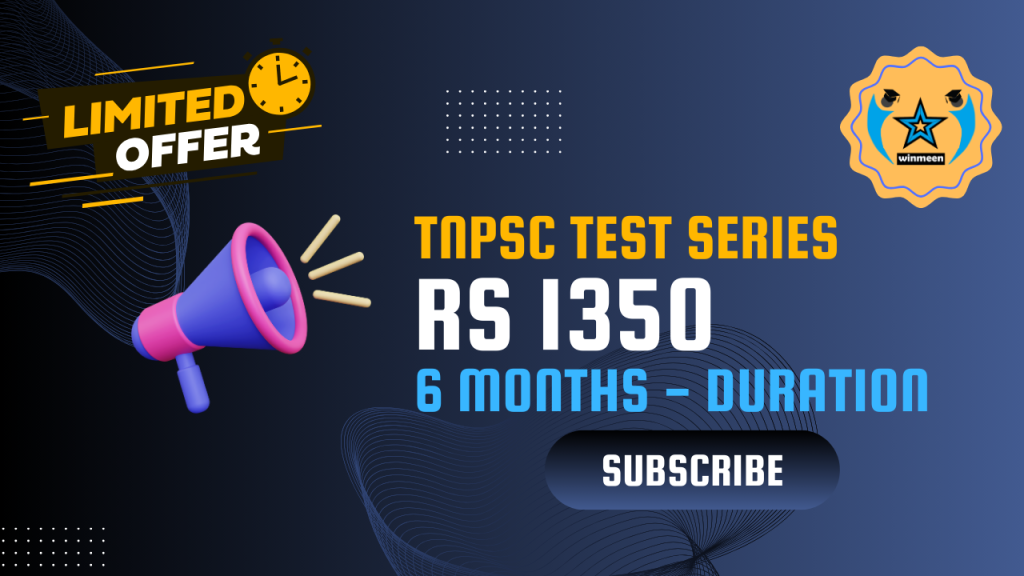A GUIDELINE INTO IAS
MEANING:
The term IAS stands for Indian Administrative Service. It is the premier administrative civil service for the Government of India. IAS is considered to be the permanent bureaucracy in India and it forms an inseparable part in the Government of India by providing continuity and neutrality to the administration. It is one of the prestigious service in India among the other services like IFS (Indian Foreign Service) , IPS (Indian Police Service) etc.
IAS OFFICER:
To become an IAS officer one has to undergo extremely competitive exam called as “Civil Service Examination” (CSE). This examination is organized by the Union Public Service Commission (UPSC). This exam is also known as “Mother of all Examination”. It is considered to be the toughest examination in India.

STAGES OF UPSE CSE EXAM:
This UPSC CSE exam consists of three stages. Namely,
- Preliminary
- Main and
- Interview.
PRELIMINARY:
- The preliminary exam is the first exam in UPSC CSE exam.
- It consists of two papers. Paper I – General Studies and Paper II- Aptitude Test.
- The examination is of multiple choice questions.
- The exam timing for Paper I and Paper II is for 2 hours each.
- The question paper will be available in English and Hindi language.
- Writing and answering takes places in OMR sheet using only black ball pen.
- For scribe candidates grace time of 20 minutes will be given
MAIN EXAM:
Only candidates who clears there preliminary exam will be selected for main exam.
- The main exam will be for 1750 marks. The detail is tabulated below.
| PAPER | TITLE | MARKS |
| Paper I | One of the Indian languages to be selected by the candidates from the 18 languages included in the 8th schedule of constitution. | 300 |
| Paper II | English (qualifying paper) | 300 |
| Paper III | Essay | 250 |
| Paper IV, V, VI, VII | General studies (250 mark each) | 1000 |
| Paper VIII & IX | Optional subject. | 500 |
INTERVIEW :
- Only candidates qualifying in main exam will be selected for interview. It’s for testing their personality.
- The candidates will be interviewed individually by board that will be having entire record of the candidate.
- It will be conducted for 275 marks.
- Both the marks obtained in main and interview will be combined for the final ranking of the candidate.
- Candidates will be posted for services chosen by them based on their ranks in the examination.
ELIGIBILITY CRITERIA:
The eligibility criteria for this CSE exam is of various kind that are discussed below.
Nationality:
The candidate should be citizen of India. Candidates from countries like Nepal, Bhutan, Tibetan refugees and immigrants with Indian origin should submit a certificate of eligibility that’s issued by Government of India as evidence.
Age:
- The age limit is 21 to 32 years. There is relaxation for SC, ST, OBC and physically handicapped candidates as well as for ex-service man. For SC/ST the age limit is 37, for OBC it is 35 and for PHD it is 42.
Education:
- The candidates must possess a degree from any Indian universities or an equivalent qualification from any recognized universities.
- Candidate who have appeared or intend to appear for qualifying exam and waiting for result can also apply for exam.
Attempts:
- General category and OBC category candidates under the creamy layer has 6 attempts.
- OBC category candidates has 9 attempts.
- SC/ST category can attempt until their maximum age limit.
ROLE OF IAS OFFICER:
Once a person clears the exam and interview he becomes an IAS officer. The following are the some of the roles played by IAS officers.
- They handle the daily affairs of the government.
- They take care of framing and implementing of policy in consultation with minister in charge of the concerned ministry.
- In case of policy formulation and decision making the officers at higher level takes the final decision along with the concerned cabinet minister.
- They act as intermediate between public and government in implementing policies at grass root level.
- The countries law and order is controlled by them.
